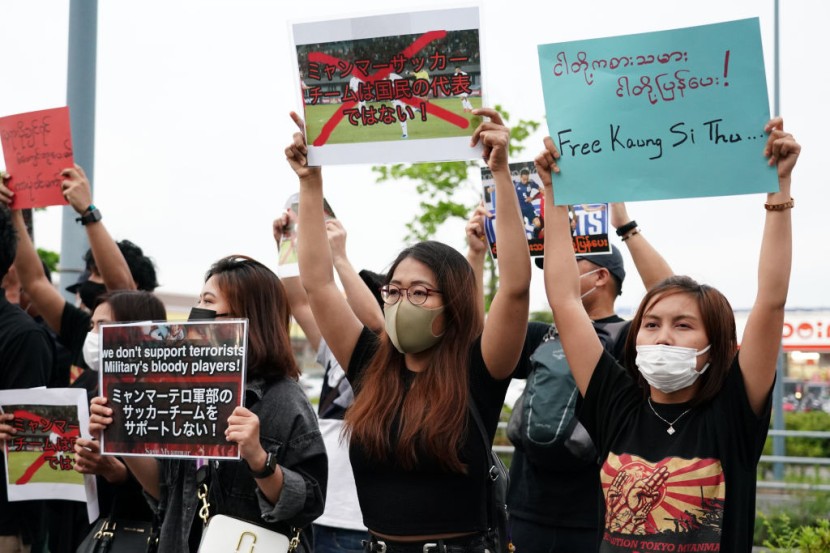
Various rights groups are arguing that Facebook's recommendation algorithm strengthened Myanmar's military propaganda and other materials aimed at spreading violent views online, which breach the social media platform's policies.
It has been a month since Myanmar's military took control over the country, ousting elected officials from their seats. However, Facebook's algorithm still continued to suggest pro-military pages with posts that incited and threatened violence, "prompting users to view and "like" pro-military pages."
Many rights groups argued the incident could result in misinformation, leading to physical harm while praising the military instead of condemning its actions. The situation comes despite Facebook's commitment to remove all content regarding the coup in Myanmar and military-controlled pages from its platform and from Instagram.
Military Coup
The social media platform has also implemented various other measures to ensure a reduction in online damage in the country. On Tuesday, Facebook officials announced their teams closely monitored the Myanmar situation to be able to immediately react to any post, page, or group that goes against the policies and rules, Washington Post reported.
The Myanmar military temporarily blocked access of the country's residents to Facebook days after the coup, which occurred on February 1. The action was done to prevent anti-coup comments and the organization of protests against the military. They later restored access to the social media platform.
In the following weeks after the coup, Facebook continued to increase its security policies regarding the Myanmar military. All military entities on the social media platform were banned, arguing it would not continue to allow posts that praise or support violence against the country's citizens and their arrests.
Former Facebook data scientist and whistleblower Sophie Zhang noted that Facebook was amazing at announcing proper decisions while being bad at enforcing them in real life. She said the social media platform had years to prepare for Myanmar but did not take action immediately.
In recent months, the power struggle between the military that stripped Aung San Suu Kyi of her position and the elected government continues to escalate. Numerous protesters have been killed by police and military violence. The United Nations' office in Myanmar expressed its concern about human rights abuses in the country last week, US News reported.
Social Media Presence
In January 2020, Myanmar had more than 22.3 million users on Facebook, which made up about 40% of its entire population, told NapoleonCat, a social media management platform. The organization noted how important the role of social media platforms is, especially in the case of Myanmar presently.
Global Witness, a human rights group, set up a new Facebook account on March 23, shortly before the peak of military violence against civilians. The page was set up without a history of liking or following specific topics. It then searched for "Tatmadaw," which is the Burmese name for the armed forces.
What the group discovered was that Facebook showed recommended pages that touted military praise, including one that translated to "a gathering of military lovers." Once the group "liked" the page, the social media platform then recommended other pages containing materials that incited violence, false claims of interference in last year's election, and support of violence against civilians.
Related Article:
White House Acknowledges Failure to Reach Vaccination Milestone by Fourth of July
© 2025 HNGN, All rights reserved. Do not reproduce without permission.








